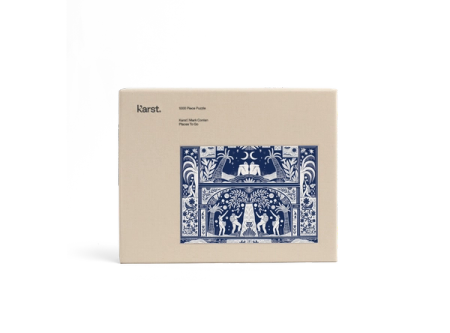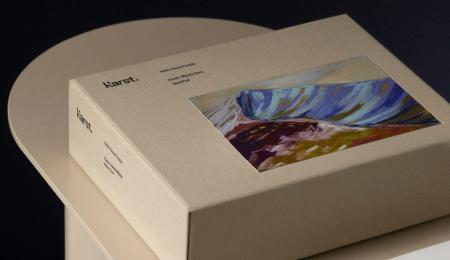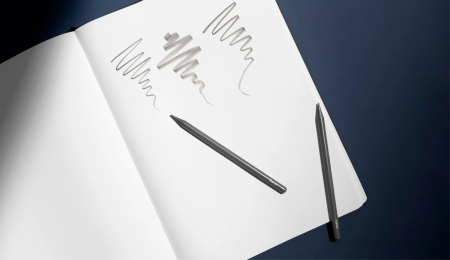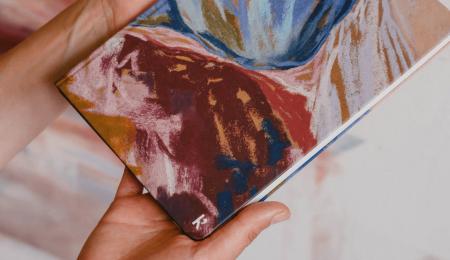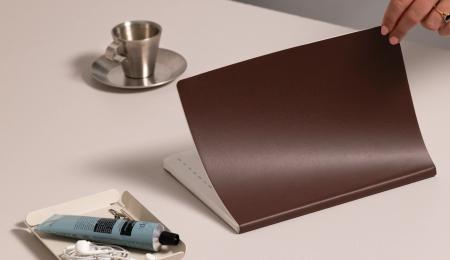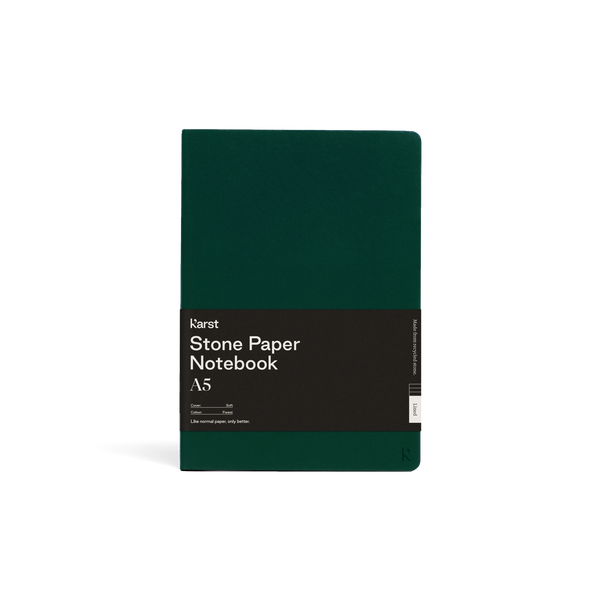
Karst Stone Paper™ is 80-90% crushed stone (calcium carbonate) and 20-10% non-toxic resin which is used to bind the stone particles. The end product is very similar to traditional wood-pulp paper, however, it’s waterproof, smoother, brighter, and more durable than traditional paper. Karst Stone Paper is ISO 14001:2004 certified, alongside ROHS, REACH and FDA. Most importantly, our stone paper has the C2C environment certificate.


